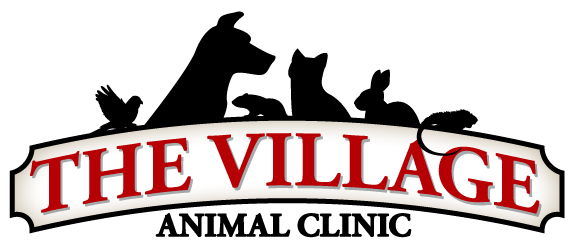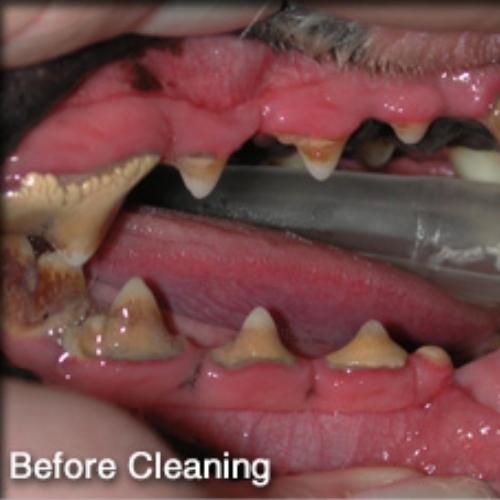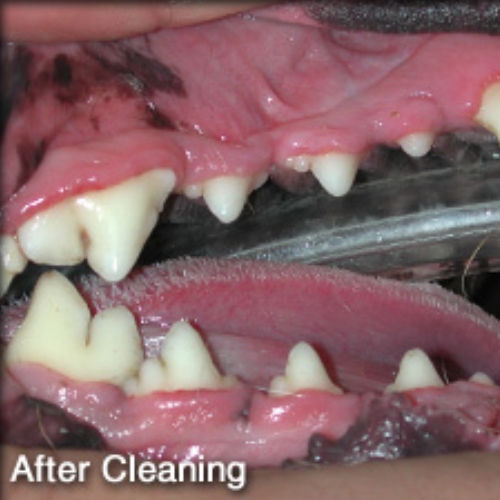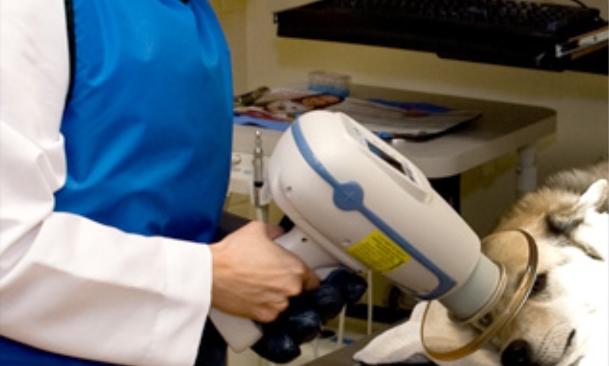
ALBANY PET DENTAL SERVICES
Dental care is an important piece of your dog or cat’s preventive health care program.
The Importance of Dental Care for Your Pet
Dental care is essential to your dog or cat’s preventive health care program. Good dental hygiene can increase your pet’s health, vitality, and well-being and add additional years to their life. Regular dental check-ups and teeth cleanings help ensure that your pet leads the best life possible and also help minimize the lifetime cost of care for your pet.
If left untreated, dental disease can not only be painful and inhibit proper nutrition but can also lead to serious systemic issues that may threaten your pet’s health before symptoms are noticeable. For example, oral bacteria that enter the bloodstream can damage your pet’s kidneys, heart, brain, or liver. It is estimated that more than 80 percent of dogs and 70 percent of cats develop tooth and gum disease by the age of three years.
The veterinarians and medical team at The Village Animal Clinic are concerned about your pet’s dental health. That is why our veterinarians and staff members have completed multiple hours of continuing education and hands-on training in veterinary dentistry.
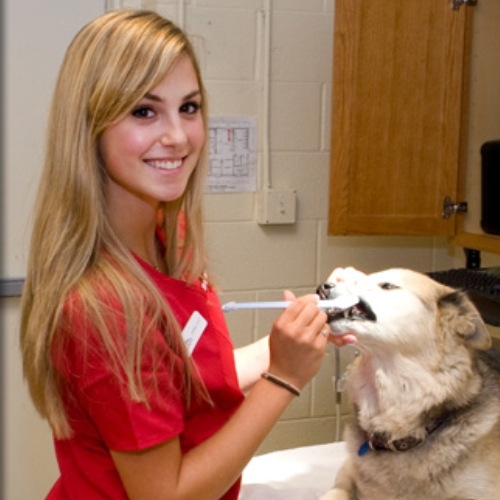
Dental Services for Your Pet
Dr. McCarthy, Dr. Cheever, and Dr. Hellreich and their staff believe that the centerpiece of good dental care is a complete oral exam followed by a thorough cleaning. Dental cleanings include ultrasonic scaling followed by polishing and an antiseptic mouth rinse designed to remove plaque and slow buildup.
Your pet’s dental cleaning includes:
- Oral examinations under anesthesia
- Diagnosis and treatment of periodontal disease
- X-rays
- Supra and subgingival scaling
- Tooth extractions
- Polishing
- Irrigation
- Fluoride application
The Village Animal Clinic offers digital pet dental radiology, which produces high-definition images of your pet’s teeth. More accurate than traditional radiology, digital dental radiology produces clear images of the area below and above your pet’s gum line to diagnose dental disease that cannot be seen by visual examination alone. This is a powerful tool for enabling the treatment of dental disease before it becomes much larger and more difficult, and more expensive to treat.
Should we find any issues, such as evidence of gum or tooth erosion, gingivitis, or excessive plaque buildup, we will discuss this with you and offer treatment options for your pet. We are experienced dental practitioners capable of offering several dental procedures and oral surgeries. We may refer you to a board-certified dental specialist for more complicated or severe cases.
Our Albany area veterinary staff is dedicated to educating you about the importance of your pet’s dental health. Our home care products are carefully researched and selected for optimum health benefits. Our dental technicians are well-educated and highly trained in dentistry, and we take great pride in our services.
Home Dental Care
Prevention is the best protection from periodontal disease.
Preventing periodontal disease by keeping your pet’s teeth and gums healthy isn’t just a job for your veterinarian; it’s your job too. While nothing can replace regular visits to The Village Animal Clinic for checkups and cleanings, ongoing follow-up oral care at home is just as important in controlling plaque and tartar formation.
Home dental care aims to remove plaque before it mineralizes into calculus (tartar), a process that occurs within days of teeth cleaning. Brushing your pet’s teeth is the single most important procedure you can do to maintain good oral health. If performed regularly, brushing dramatically decreases the incidence of gingivitis and increases the interval between teeth cleaning appointments.
Brushing your pet’s teeth is best started at a young age before the adult teeth erupt. The younger the animal is, the more likely they will accept it. Regular brushing keeps your pet’s teeth clean and healthy and enhances the bond between you and your pet. If you are unsure how to brush your pet’s teeth, please ask a staff member at The Village Animal Clinic for instructions. We are happy to instruct and/or demonstrate the best and easiest method to you. Also, please always use toothpaste specifically made for pets, not people.
If brushing your pet’s teeth is impossible, ask a staff member to help you select the most effective dental products for your pet.
You should also be able to recognize the signs of poor oral health. If you notice any of the following, you should contact us and make a dental appointment for your pet:
Persistent Bad Breath – One of the first signs of dental disease.
Tartar or Plaque Buildup – Ask your veterinarian how to identify them.
A yellowish-brown crust of plaque on the teeth near the gum line.
Pain or bleeding when your pet eats or when the mouth or gums are touched.
Red and Swollen Gums
Pawing at the Mouth
Decreased Appetite or Difficulty Eating
Loose or Missing Teeth




